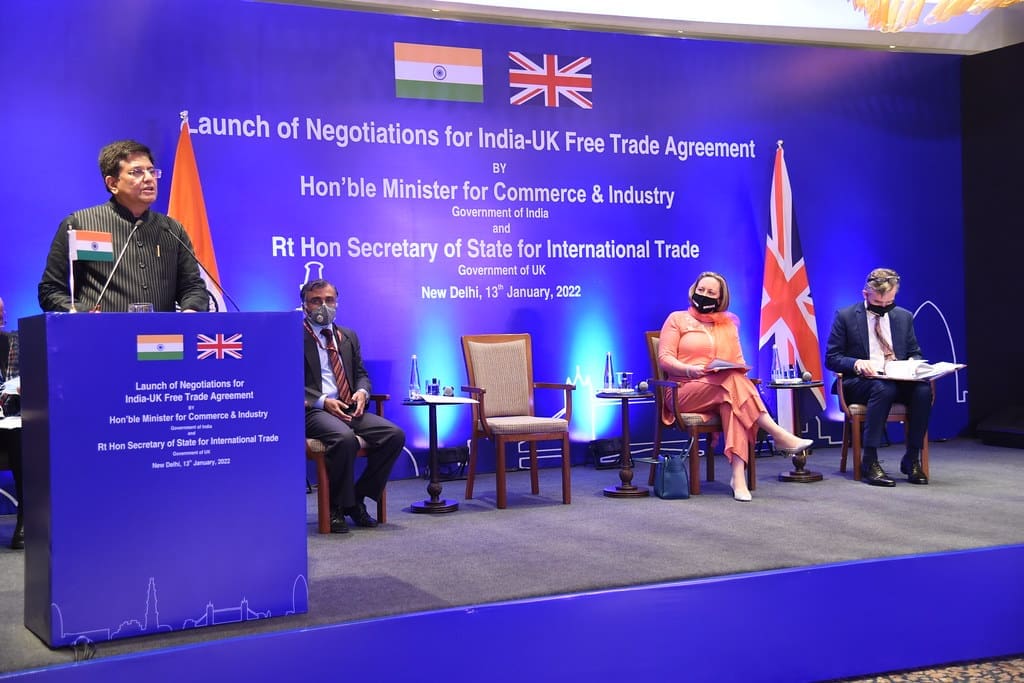India’s robust economy, vibrant democracy, and demographic advantages have positioned the country as the global growth engine, attracting attention from around the world. Commerce and Industry Minister Piyush Goyal emphasized this significance on Saturday, noting that countries are eager to forge bilateral trade agreements with New Delhi. Goyal spoke at the 21st edition of the Hindustan Times Leadership Summit, where he highlighted India’s recent visits to Saudi Arabia and Japan, stating that geopolitical developments in West Asia have not dampened global enthusiasm towards India.
During these visits, Goyal revealed that various foreign officials expressed frustration over the slow progress in their respective Free Trade Agreement (FTA) negotiations with India. The minister assured that India is actively engaged in negotiating bilateral deals with multiple countries and groups, including the UK, EU, and Gulf Cooperation Council. However, Goyal mentioned the suspension of talks for an FTA with Canada due to political reasons, describing it as a loss to the Canadian economy.
Regarding the UK negotiations, Goyal expressed optimism, noting that talks are progressing well. He also praised external affairs minister S Jaishankar for strengthening India’s position in global diplomacy, which has facilitated favourable trade deals. Goyal emphasized the coordinated efforts of various ministries to ensure long-term benefits for India, stating that decisions are made after consulting stakeholders.
In contrast, Goyal criticized the previous Congress-led UPA government’s FTA agreements, claiming that they have been heavily criticized by trade and industry. He highlighted the Modi government’s cautious approach to signing agreements, citing the example of India’s withdrawal from the Regional Comprehensive Economic Partnership (RCEP) deal, initiated during the UPA government’s tenure, due to concerns over its impact on India’s interests.

